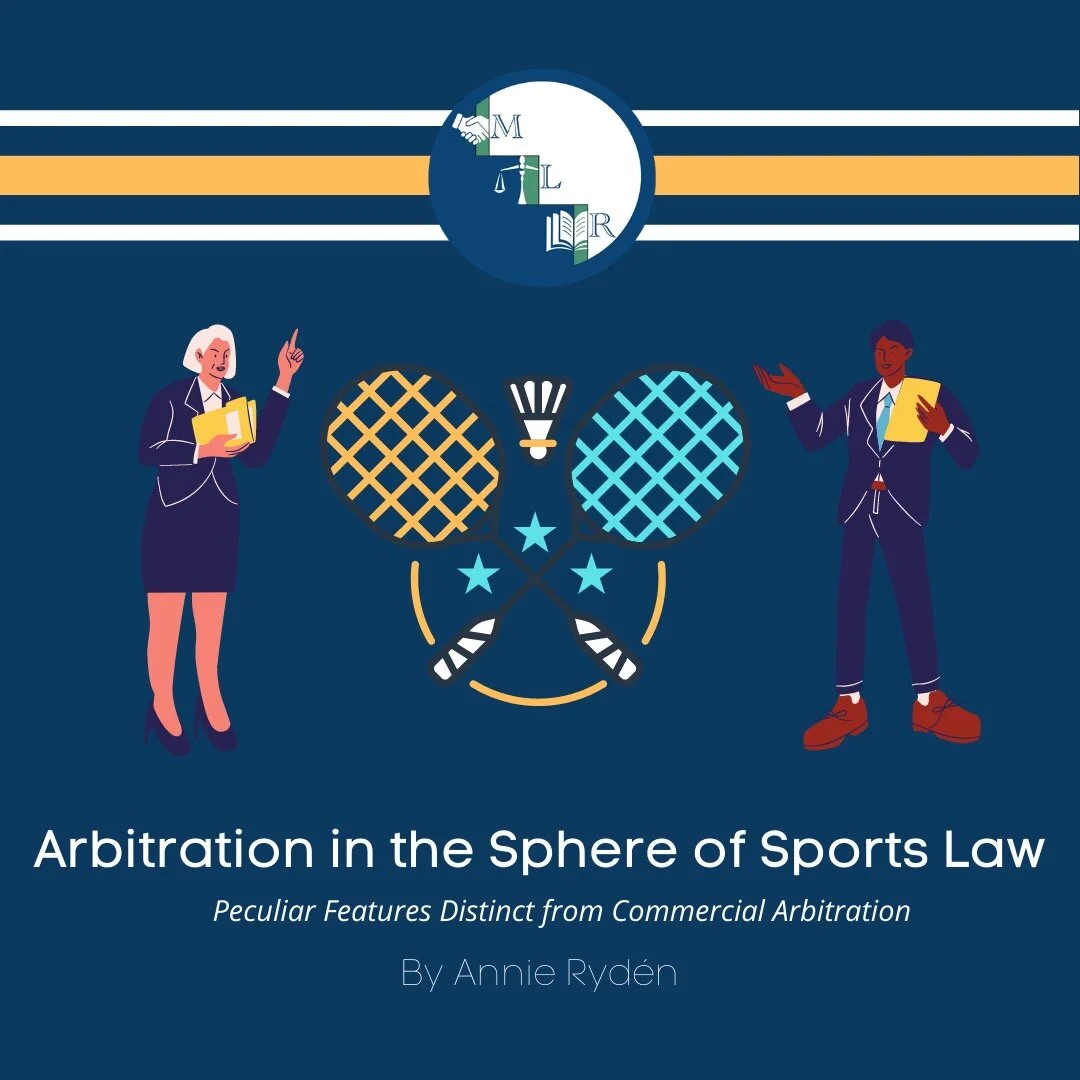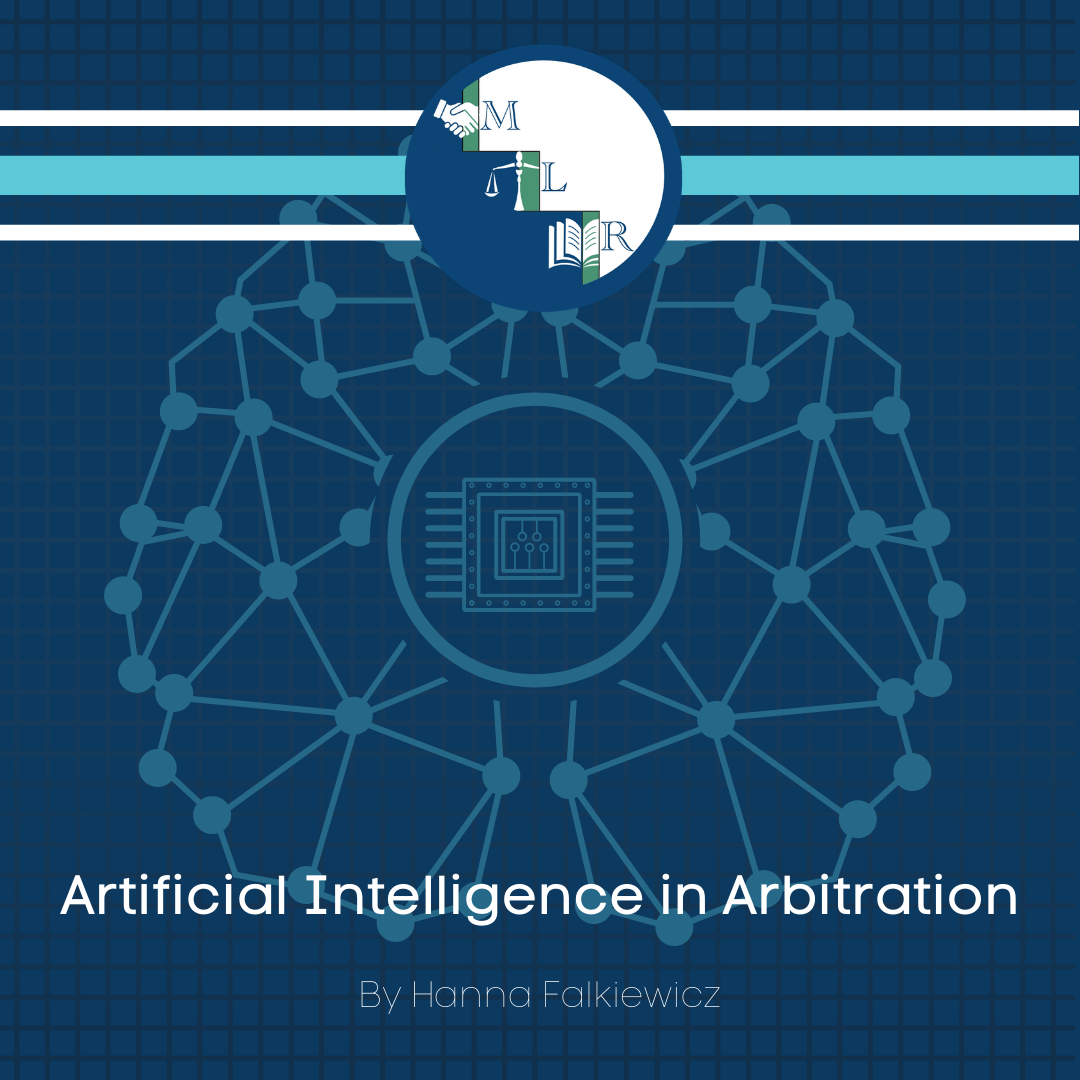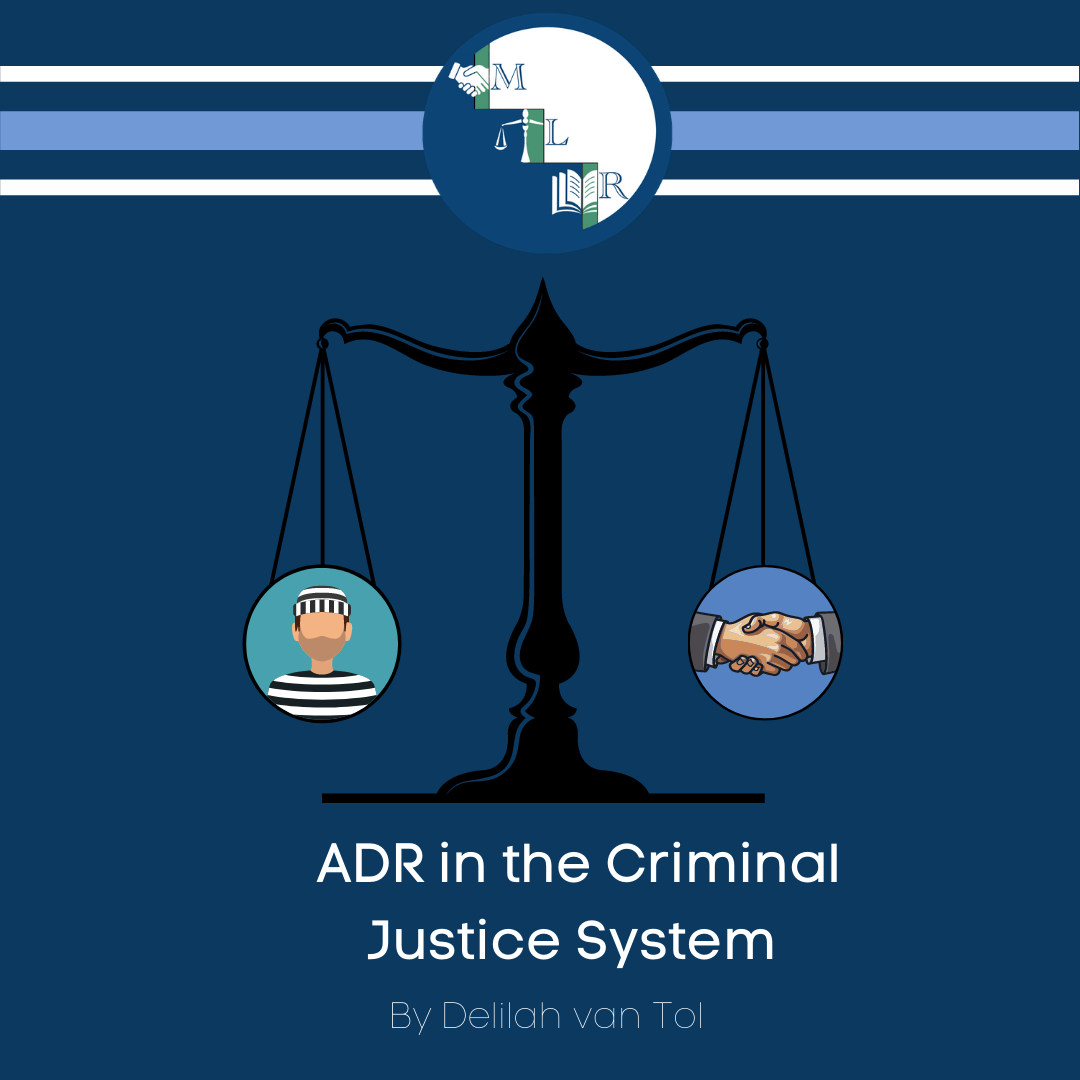Arbitration is widely accepted and frequently utilized as a means to resolve disputes in the fields of both international commerce and international sports. While the areas of commercial arbitration and sports arbitration share many characteristics, there are a number of peculiarities inherent in the latter.
Read MoreIn June 2020, a model dispute resolution system for labor issues arising in the textile supply chain was released.[1] After several industrial incidents such as the collapse of the building Rana Plaza in Bangladesh in 2013 and known breaches of labor rights in the textile industry, it was time to ensure labor rights and more importantly accountability from brands and suppliers.
Read MoreDirective 2017/1852 significantly improves the resolution of tax disputes by ensuring that both citizens and businesses can effectively solve disputes on the interpretation and application of EU tax treaties as well as issues relating to double taxation.
Read MoreWhen we think about ADR we may focus a lot on efficiency, lesser risks, cost-effective aspects, and, thus, forget that in reality for many cultures it is a practice that is deeply enshrined in dogmas. For instance, did you know that it is part of the Islamic culture for nearly two thousand years?
Read MoreArtificial Intelligence (AI) starts to influence human life in different places. AI is already used in fields such as healthcare, transportation, finance, or psychology. It is natural that arbitrators began to wonder how AI will (or already have) influence their work.
Read MoreThe English legal system has a history of dealing with maritime disputes dating back hundreds of years and resulting in a highly significant amount of case law and legal theory in this area.
Read MoreOn 7 August 2019 a new era commenced in mediation, as Singapore hosted the signing ceremony for the United Nations Convention on International Settlement Agreements resulting from Mediation (hereinafter the “Singapore Convention”).
Read MoreIn last week's blog post we discussed the advantages of ADR in Criminal law. But it wouldn’t be a fair assessment if we did not include the disadvantages of ADR in Criminal law.
Read MoreThe start of ADR in the criminal field can be traced to informal justice programs. More specifically ‘Victim-Offender Mediation’ programs.
Read MoreIn this case, a technology consulting company holding patents on three continents disclosed a patented invention to a major manufacturer in the context of a consulting contract.
Read MoreWhen you hear the word bullying you may first think about bullying in school and the actions of children. However, bullying at the workplace is also increasingly alarming. How can this be resolved and, even better, how can we prevent bullying from happening in the workplace?
Read MoreIt all started with the Groningen ‘The Plough’ forgeries case, the longest litigated case in art law history.
Read MoreAlternative Dispute Resolution as a veritable tool of dispute resolution has had a colossal impact on the world’s justice system all through the annals of history. Since time immemorial, several communities and climes have employed indigenous dispute resolution mechanisms bearing semblance with modern ADR processes in resolving their disputes.
Read MoreTrademark Coexistence Agreements are created to allow the company to use the same trademark as another company that registered it before. It is usually used in different geographic regions or for unrelated goods or services to avoid the confusion of consumers.
Read MoreArbitration or otherwise “tahkeem – تحكيم ”, [1] has been a part of the Syrian Civil Procedure Code since 1953, governed by Articles 506-534.[2] In 2008, the Arbitration Law in Syria enacted international practices based on United Nations Commission On International Trade Law (UNCITRAL) Model Law on International Commercial Arbitration to aid both domestic and foreign investors in their legal disputes.
Read MoreAccording to article 33 of the United Nations Charter,[2] which also applies to inter-state environmental disputes, states can settle their dispute through any peaceful means of their choice, such as negotiation, mediation, conciliation, arbitration, or judicial settlement. Consequently, states must find a way to resolve their environmental disputes but remain free to choose the procedure.
Read MoreThe Covid-19 pandemic has shaken the entire world. Businesses had to shut down, nations closed their bordures, and the judiciary system had to be redefined to guaranty continuing access to justice in safe conditions. International arbitration has been even more impacted due to the cross-bordure nature of the disputes.
Read MoreLitigation is not always the first and most common option in every corner of the world Numerous cultures and communities around the world consider litigation as the alternative route.
Read More



















